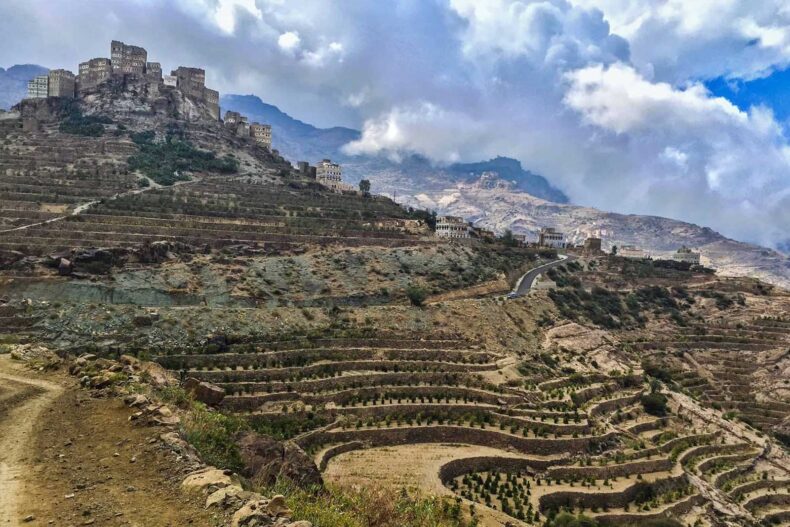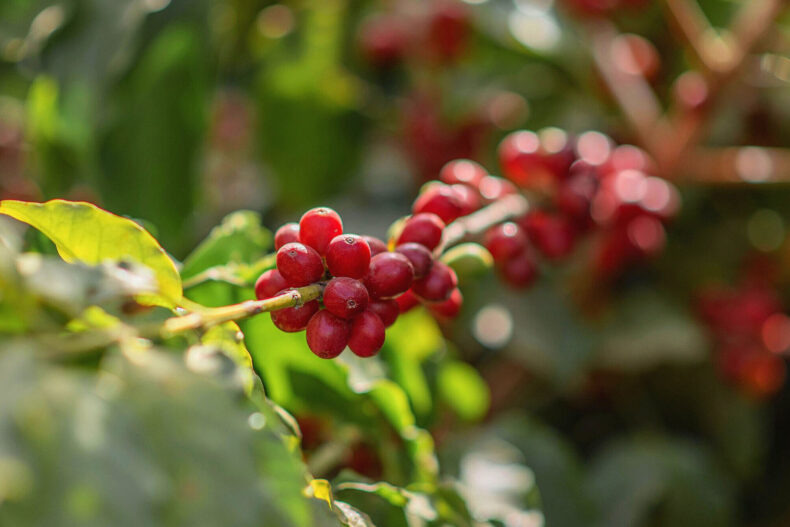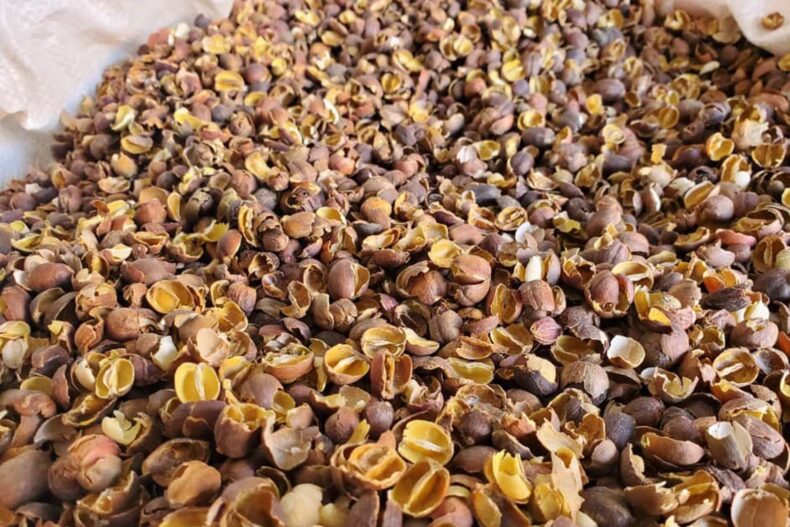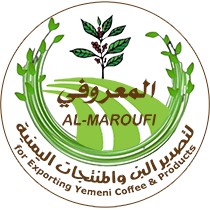
The town that facilitated Yemen’s coffee trade was called Al-Makha, and its chief product became known as Mocha, notes Perfect Daily Grind. Yemen zealously guarded its prized export, and refused to sell seeds or plants. But per Qima Coffee, the smuggling of coffee seeds became a cottage industry, with the Dutch, British, and French all smuggling seeds so that they could start their own production in far-flung colonies. The most famous was the one started by Dutch traders in Java, which according to Perfect Daily Grind, would later contribute to one of the world’s most enduring coffee blends: Mocha Java. The competition, however, destroyed Yemen’s coffee monopoly. By 1800, observes Qima Coffee, Yemen’s production accounted for just 6% of the world’s supply.

Today, Yemen’s production accounts for an even lower share of the global coffee market (only 0.1%, per Quima Coffee). But its coffee culture remains, one distinguished by the traditional family-owned farms, with trees cultivated at higher altitudes on terraced slopes. Per Al-Aqeeq, the growing methods haven’t changed in 500 years, and even today there are no chemicals used. Yemen’s distinctive dry-processing — a result of the arid climate — and age-old methods are discernible in every drop, along with characteristic notes of chocolate. The National Coffee Association describes the taste of Yemen’s coffee as “deep, rich and like no other.” What else would you expect from the country that’s been making it longer than any other?
Read More: https://www.tastingtable.com/946627/what-makes-yemens-coffee-so-special/



